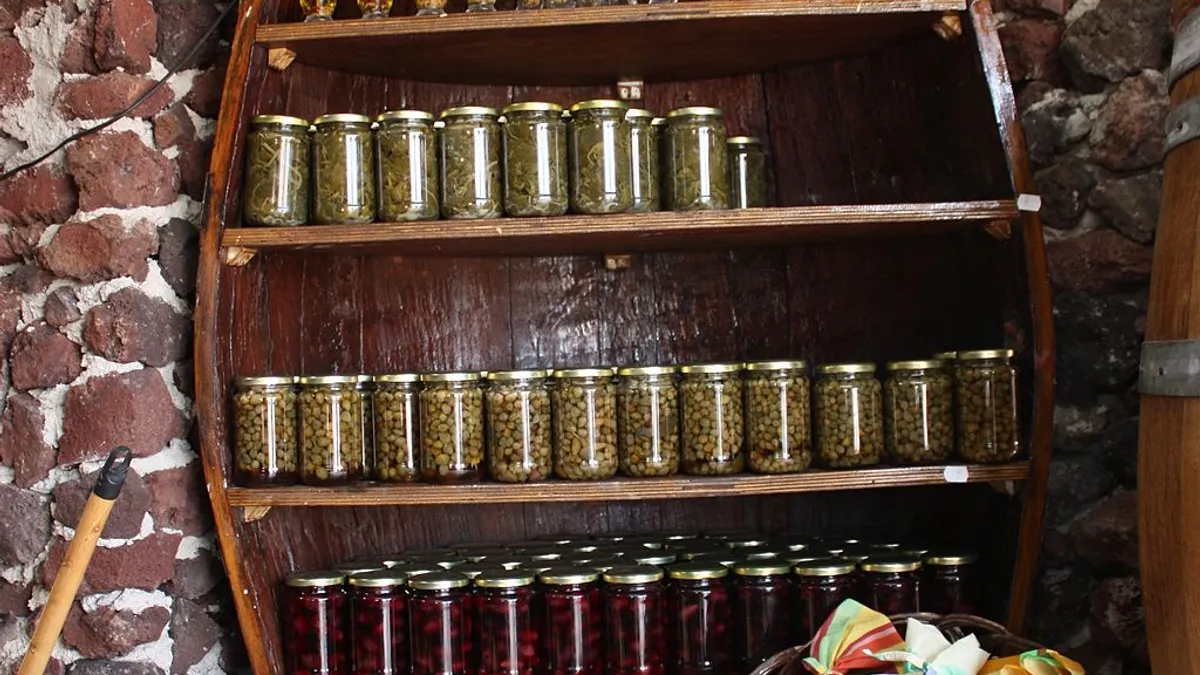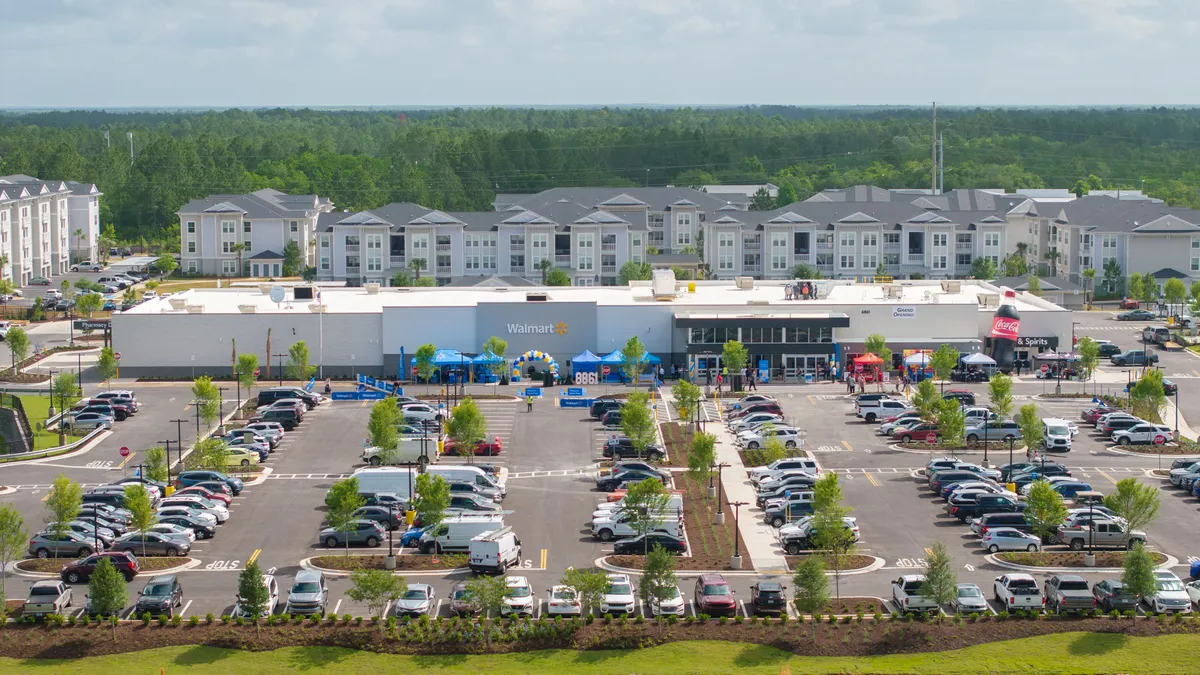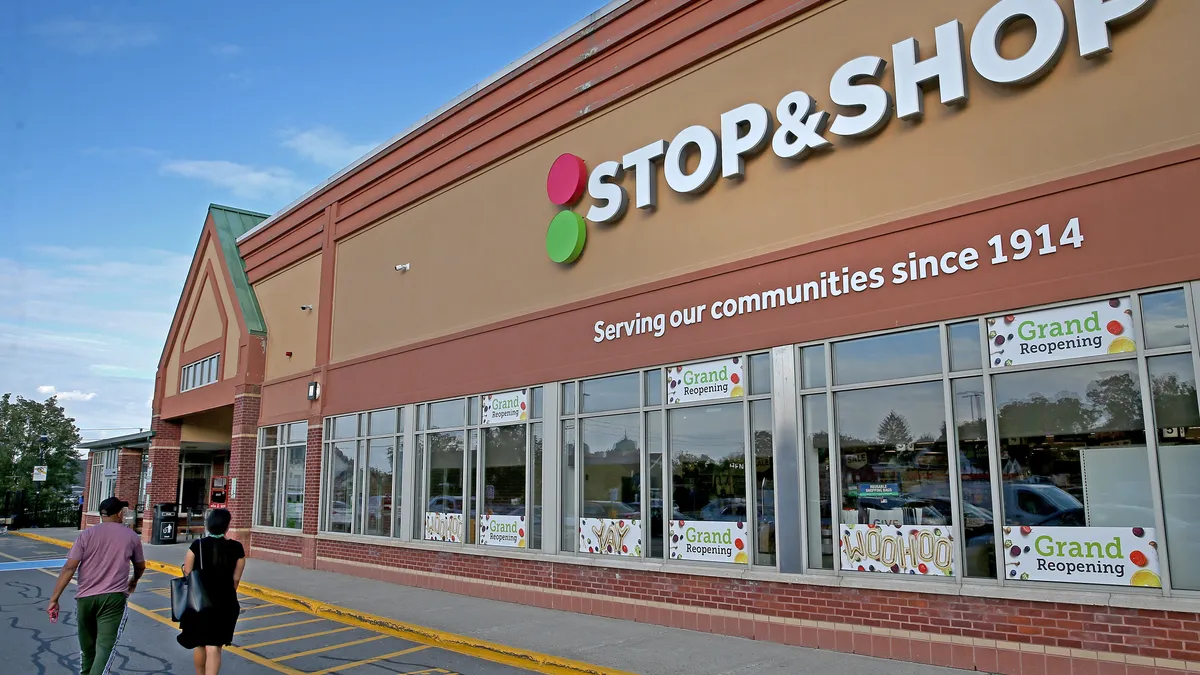Dive Brief:
- D.C. food incubator Urban Kitchen just opened its second grocery location, featuring close to 100 products produced in its facilities, according to Washingtonian.
- Urban Kitchen Grocery is more than just a niche specialty store, though. Alongside its locally produced kombuchas and granolas, it also sells conventional brands like Coke and Tabasco.
- CEO Cullen Gilchrist hopes to bring attention to local brands and eventually see them go on to broader distribution. “It’s how local gets a foothold,” he said. “It isn’t just a fun, cute thing that millennials do.”
Dive Insight:
When asked about his integration of specialty local products with conventional ones, Urban Kitchen CEO Cullen Gilchrist told Washingtonian he hopes sales of Coke and Cheerios will help support and grow his D.C.-made kombuchas, granolas and other items.
“We don’t want to be a specialty store,” he said. “If local is just a niche thing, it’s just going to be a niche thing. And then it doesn’t have any market share. It doesn’t grow.”
But is local just a niche thing? Not as much as some might think. According to the U.S. Department of Agriculture, sales of locally produced foods hit $12 billion in 2014 and are projected to reach $20 billion by 2019.
Considering this growth trend, Gilchrist’s assertion could easily be reversed: Could local products help support and grow conventional brands?
This is food for thought for supermarkets, which have seen center store sales stagnate as fresh departments thrive. There are many reasons for this, chief among them being the maturity of many grocery brands and overall lack of excitement in the department. Household staples like cereal and ketchup bring in a lot of money, but it’s tough to get shoppers to buy more than they already do.
Locally made products could add some excitement back to the department by giving it that “treasure hunt” feel many supermarkets lack. Young entrepreneurs are turning out flavorful, attractively packaged products that tend to stand out on shelves, and that carry a sustainable, community-friendly appeal to boot.
Local sourcing has been difficult in the past, especially for large retailers whose supply channels aren’t built to support small manufacturers. It’s still a challenge, but nowadays there are more incubators and aggregators that are able to bring local products into broader distribution. Incubators like Urban Kitchen are a growing concept in cities around the country. For retailers eager to grow their grocery sales, they could be worth a look.










